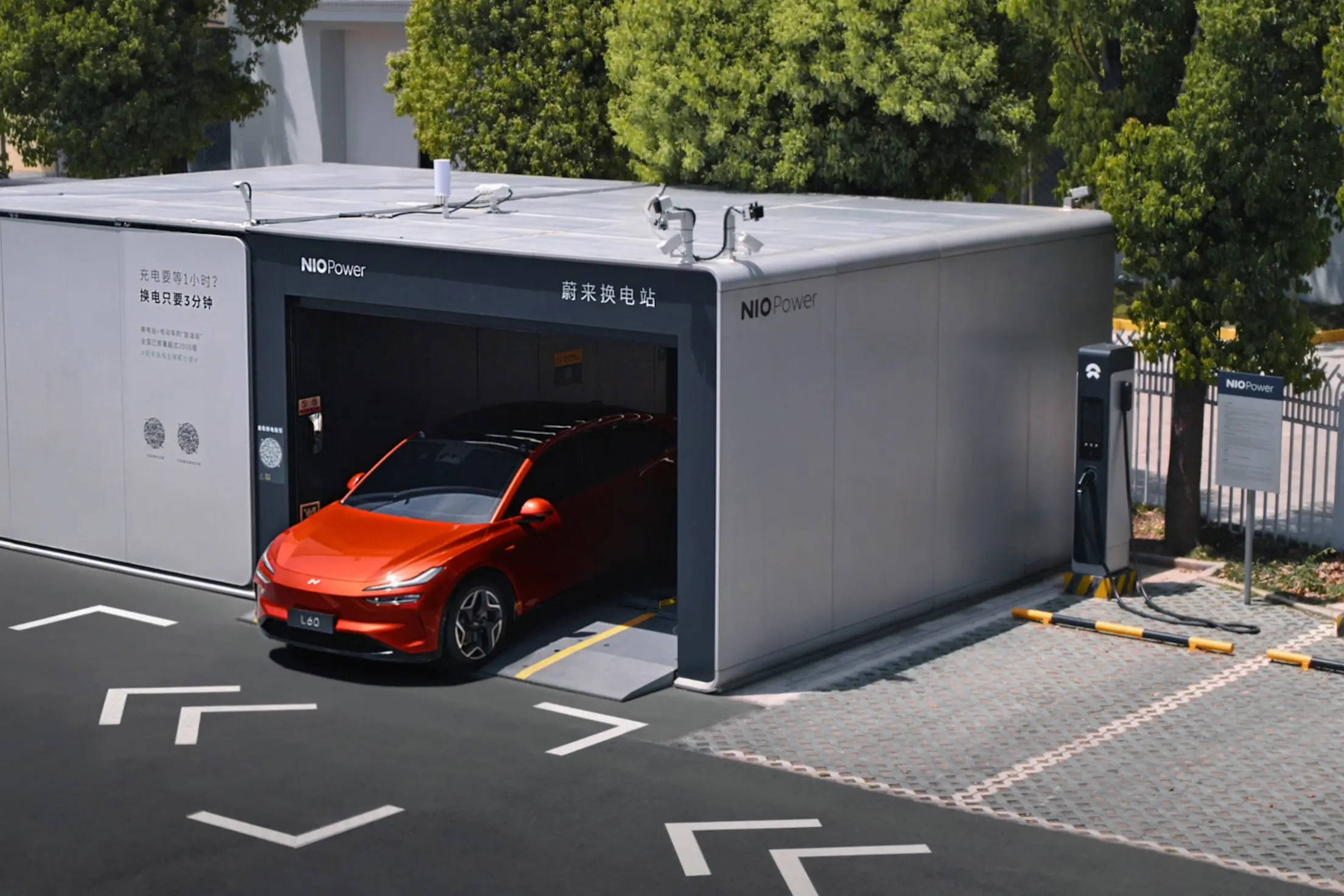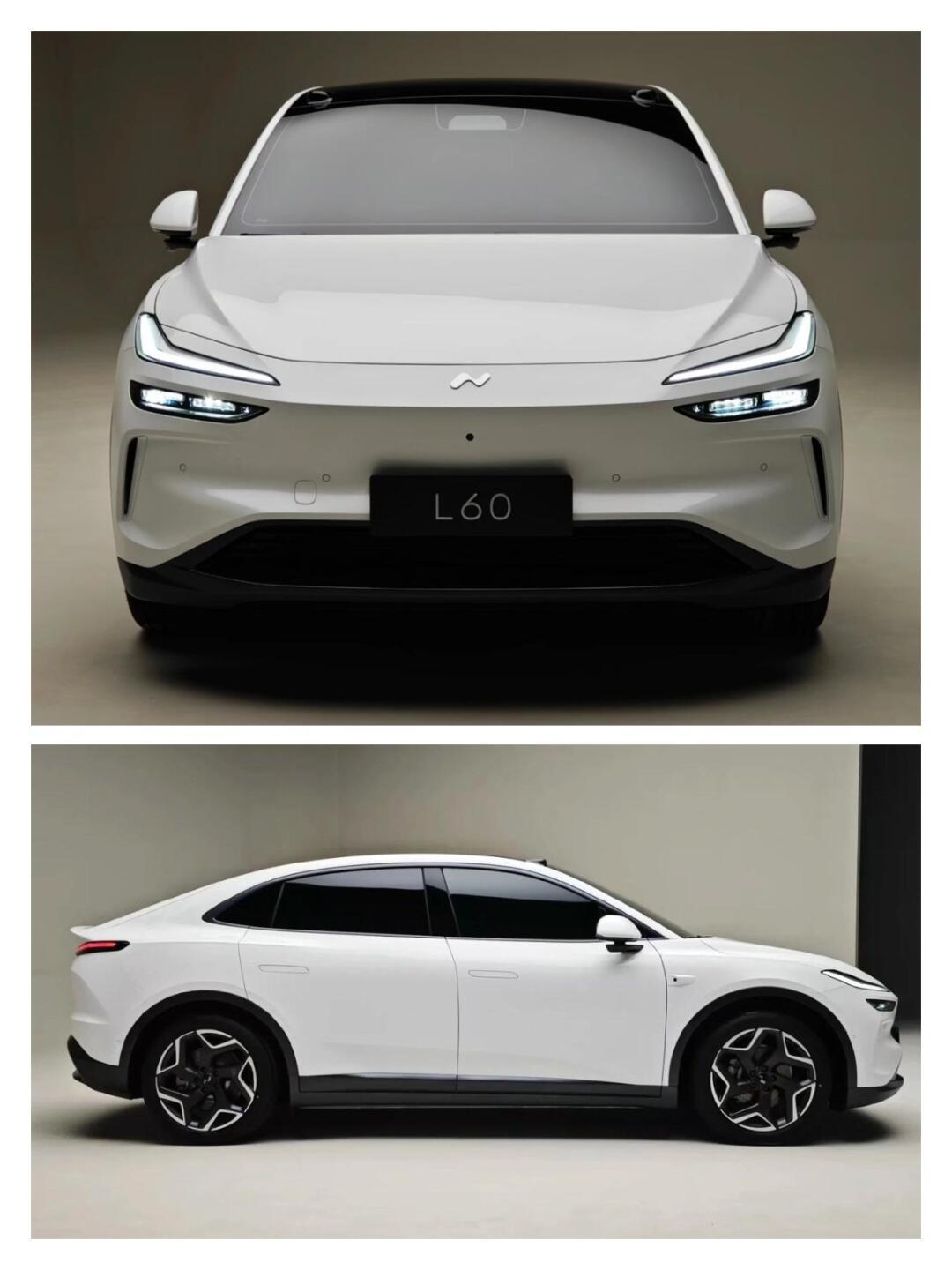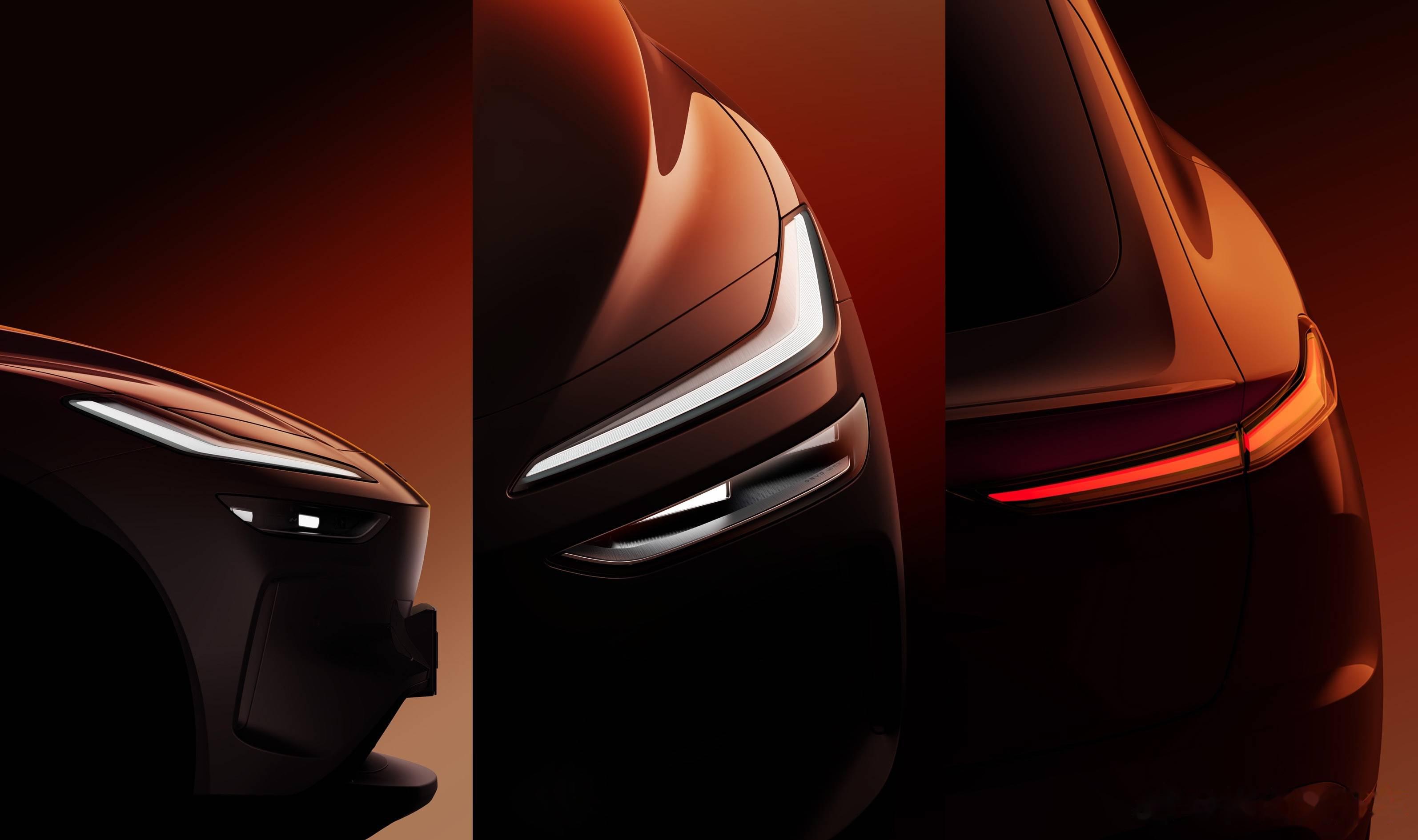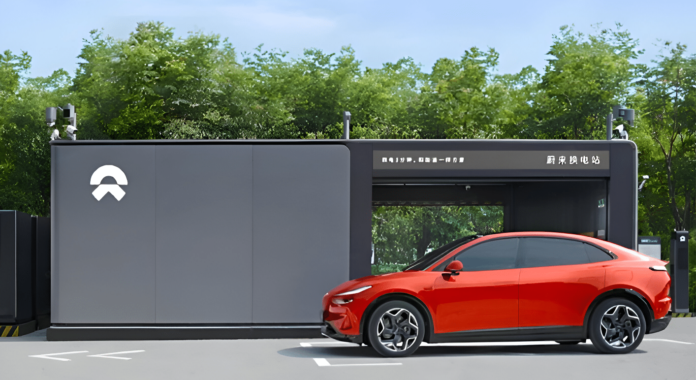Nio‘s second brand, Onvo, announced its commitment to completing more than 300 battery-swapping stations monthly, ensuring Onvo vehicle owners have access to over 1,000 stations by the end of the year. The battery-swapping network will cover highways across nine vertical and nine horizontal routes and 19 major urban areas. This plan will provide Onvo owners with battery swapping and energy replenishment resources comparable to what Nio offers now.

Onvo also launched the ‘Onvo battery swapping wishlist, ‘ a campaign to involve Onvo vehicle owners in its expansion plans. This campaign will run until September 3rd. Each Onvo vehicle owner can select three preferred locations for new battery swapping stations on the map during this period. The collected data will influence future swapping station deployments.

Onvo CEO Ai Tiecheng previously announced the highly anticipated launch of the Onvo L60 will be in late September. The Onvo L60 SUV is Onvo’s first car. It is set to roll off the production line by the end of the month. Deliveries and test drives will be available on the launch event day.

The Onvo L60 series will be built on a 900V silicon carbide platform, adopting the BaaS (Battery as a Service) leasing scheme. It will utilize 75kWh and 100kWh battery packs for daily commuting, while a 150kWh battery pack can support long-distance travel through battery swapping. The respective ranges for these battery packs are 555km, 730km, and over 1,000km.

Nio realized early on that more than the Nio brand alone would be needed for market expansion, prompting partnerships with GAC and Changan, which ultimately failed due to financial issues. Onvo is Nio’s latest attempt to penetrate the mass market. CEO William Li has high hopes for Onvo’s first car, the L60, which features battery swapping compatible with Nio’s fourth-generation swap stations and modified third-generation stations. Hence, it is safe to assume that Onvo swapping stations will be based on Nio’s fourth-generation swap stations.

As of July 31, Nio had 820 highway power swap stations in China, delivering over 49.6 million battery swaps, 44.11 million charging services, and 259,690 flexible battery upgrades.

Battery swapping is crucial for Nio, offering quick refueling and avoiding battery degradation. Each station costs 3 million yuan (USD 419,000), adding to Nio’s 76.4 billion yuan (USD 10.67 billion) debt. Nio needs 60 swaps daily to break even. Despite this, 54.14% of Nio drivers prefer swap stations. Nio’s new Firefly brand targets Europe, raising concerns about cost and complexity.


